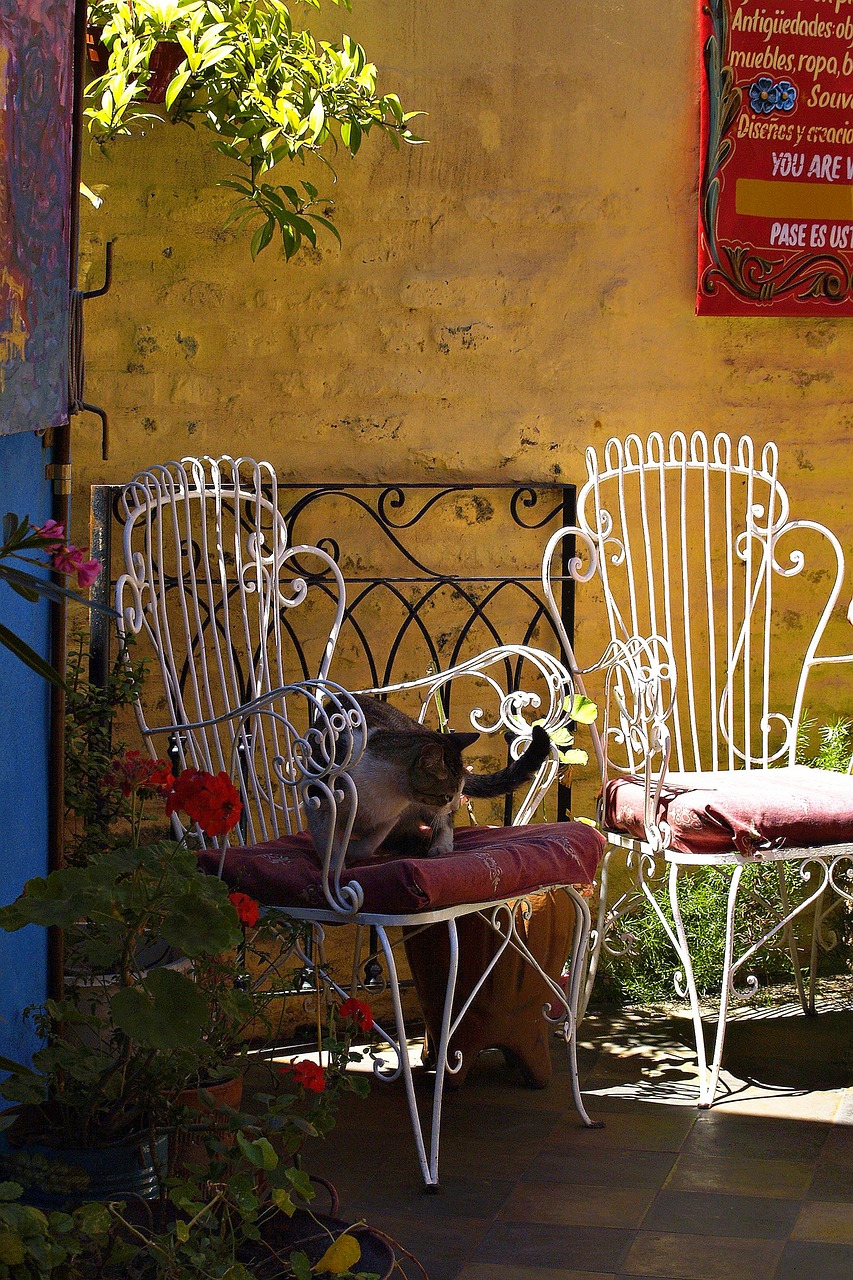Argentina Video
Exploring the Rich Cultural Heritage of the Argentine Language
Argentina, a vibrant South American country, is known for its diverse cultural heritage. One aspect that stands out is the richness of the Argentine language. The language spoken in Argentina is Spanish, but it has its unique characteristics and influences that make it distinct from other Spanish-speaking countries. In this article, we will delve into the fascinating world of the Argentine language, exploring its origins, regional variations, and cultural significance.
The Origins of the Argentine Language
The Argentine language, as mentioned earlier, is primarily Spanish. However, it is important to note that Spanish itself has evolved over centuries and has been influenced by various cultures and languages. The roots of the Argentine language can be traced back to the Spanish colonization of the region in the 16th century. Spanish settlers brought their language, which gradually merged with indigenous languages and the influence of other European immigrants.
- The Spanish language: The Spanish language spoken in Argentina is derived from the Castilian dialect, which was the dominant dialect during the colonial period. It has evolved over time, incorporating elements from other Spanish-speaking regions as well as indigenous languages.
- Indigenous languages: Before the arrival of the Spanish, Argentina was inhabited by indigenous peoples who spoke various languages. These languages, such as Quechua, Mapudungun, and Guarani, have had a significant impact on the vocabulary and pronunciation of the Argentine language.
- European influence: Alongside Spanish settlers, Argentina also saw an influx of immigrants from various European countries, including Italy, Germany, and France. These immigrants brought their languages and cultural influences, which further enriched the Argentine language.
Regional Variations of the Argentine Language
Argentina is a vast country with diverse regions, each with its unique linguistic characteristics. While the Argentine language is predominantly Spanish, regional variations add flavor and distinctiveness to the language.
- Rioplatense Spanish: The Rioplatense Spanish dialect is spoken in the region surrounding the Rio de la Plata, which includes Buenos Aires and Montevideo, Uruguay. It is characterized by its distinct pronunciation, vocabulary, and intonation patterns. Lunfardo, a slang language derived from Rioplatense Spanish, is also widely used in Buenos Aires.
- Cuyo Spanish: Cuyo Spanish is spoken in the Cuyo region, which comprises the provinces of Mendoza, San Juan, and San Luis. It has its unique vocabulary and pronunciation, influenced by the indigenous languages of the region.
- Northern Argentine Spanish: The northern provinces of Argentina, such as Salta, Jujuy, and Tucumán, have their own variations of Spanish. These dialects are influenced by the indigenous languages of the Andean region and have distinctive vocabulary and pronunciation.
- Patagonian Spanish: Patagonian Spanish is spoken in the southern region of Argentina, encompassing the provinces of Chubut, Santa Cruz, and Tierra del Fuego. It has influences from Welsh and English due to the Welsh and British settlers in the area.
The Cultural Significance of the Argentine Language
The Argentine language plays a crucial role in preserving and expressing the cultural heritage of Argentina. It serves as a medium for literature, music, theater, and other forms of artistic expression. The unique linguistic features of the Argentine language contribute to the country’s cultural identity.
- Literature: Argentina has a rich literary tradition, with renowned authors such as Jorge Luis Borges, Julio Cortázar, and María Elena Walsh. The Argentine language provides a platform for these writers to explore themes related to Argentine culture, history, and social issues.
- Tango music: Tango, a genre of music and dance synonymous with Argentina, relies heavily on the Argentine language. The lyrics of tango songs often capture the emotions, stories, and experiences of the Argentine people, reflecting their cultural heritage.
- Theater and film: Argentine theater and film industries thrive on the use of the Argentine language. The language allows artists to convey their messages, stories, and social commentaries to a wide audience, both domestically and internationally.
- Gastronomy: The Argentine language also plays a role in the country’s culinary heritage. Traditional Argentine dishes, such as asado (barbecue), empanadas, and dulce de leche, have their unique names and vocabulary associated with them.
Conclusion
The Argentine language, shaped by historical influences, regional variations, and cultural expressions, is a testament to the rich cultural heritage of Argentina. It serves as a linguistic bridge that connects the past with the present, allowing the Argentine people to express their identity, emotions, and creativity. Exploring the Argentine language opens doors to a deeper understanding of the country’s history, traditions, and diverse cultural tapestry.
References
– Argentina Image 1: 
– Argentina Image 2: 
– Argentina Image 3: 
– Spanish Language in Argentina: Encyclopedia Britannica
– Rioplatense Spanish: Wikipedia
– Cuyo Spanish: StudySpanish.com
– Northern Argentine Spanish: Transparent Language
– Patagonian Spanish: Patagonia-Argentina.com
– Argentine Literature: Argentina.gob.ar
– Tango Music: Argentina Tango
– Argentine Theater and Film: Ministry of Culture, Argentina
– Argentine Gastronomy: Argentina Travel


